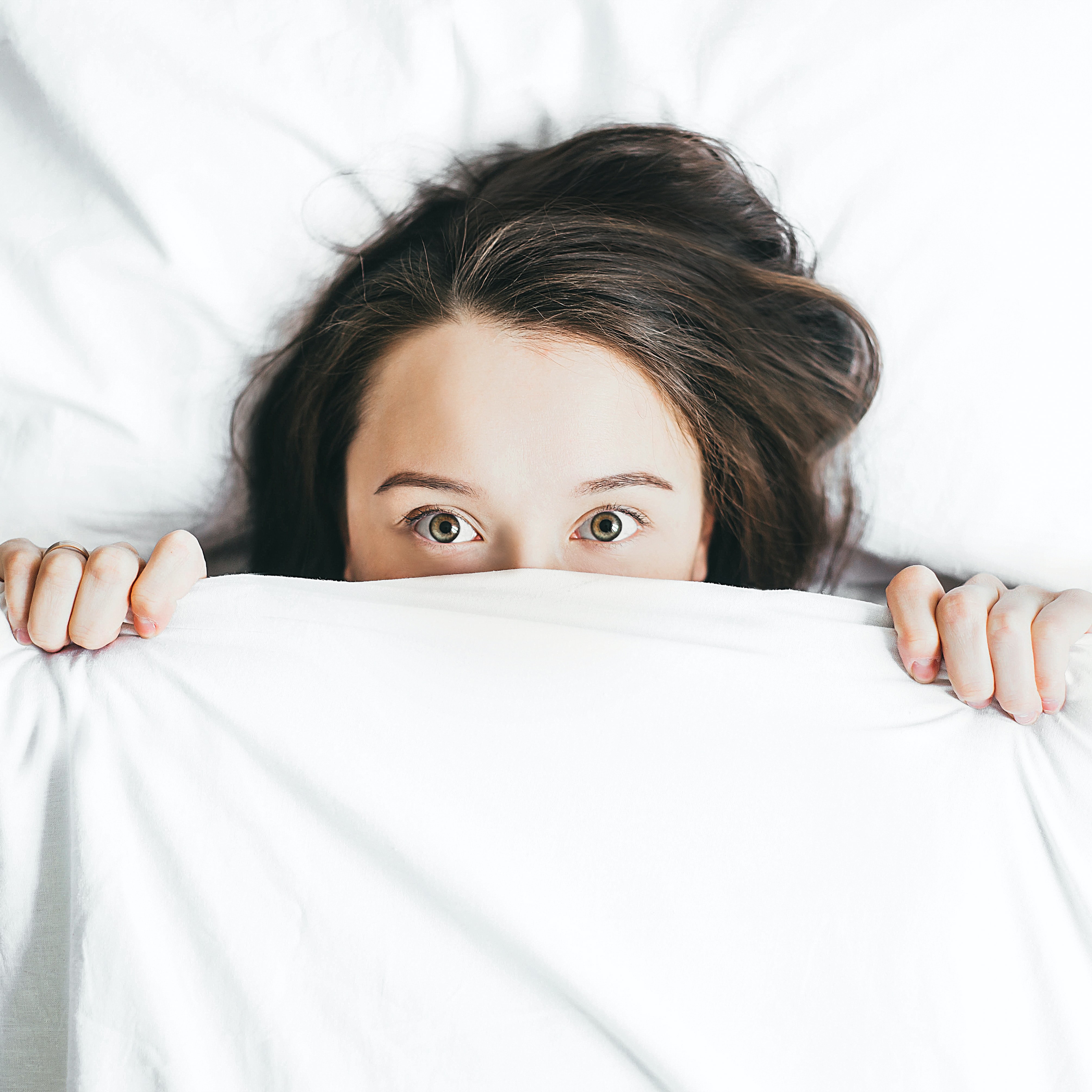How much sleep do you get every night? If you regularly get less than seven hours of shut-eye, your mental health might be in trouble. Different people need different amounts of sleep, and it’s true that some people can function well on just five or six hours a night. However, for the majority of people, sleep deprivation can lead to all kinds of mental health problems. Besides that, insomnia and poor sleep quality can actually be symptoms of already-existing mental health problems. Keep reading to learn more about the link between mental health and sleep.
Why Sleep Matters
Getting enough sleep is extremely important for your overall health. Sleep allows your body to recharge, repair damage, and process the events of the day. When you’re running on too few hours of sleep, it’s hard to be at your best – you probably feel groggy, stressed, and cranky. You’re more likely to get sick when you’re sleep-deprived, too, since your immune system isn’t working as efficiently as it should.
Everyone experiences insomnia occasionally, but if you regularly have a hard time falling and staying asleep, your mental health will take a hit. It’s hard to feel resilient and optimistic about life when you’re chronically tired. Not getting enough sleep can cause or contribute to depression and anxiety. It can also exacerbate existing mental health conditions like bipolar disorder.
Does Mental Illness Cause Sleep Problems?
People who already have a mental illness may have an especially difficult time getting good-quality sleep, which can contribute to a cycle of worsening mental health. This is because stress has a major impact on a person’s ability to fall asleep. Anxiety, depression, bipolar disorder, and even conditions like ADHD exert a lot of stress on the mind and the body, which leads to worse sleep quality. In fact, sometimes changes in sleeping habits are an early symptom of mental illness.
How You Can Get a Better Night’s Sleep
It’s clear that getting a good night’s sleep is essential both for preventing mental illness in the first place and controlling any existing mental health issues you might have. So what can you do to get more (and better-quality) shut-eye every night? Here are some tips that may help you.
First, get a good mattress. Firm mattresses are better for your back than soft ones are. Don’t underestimate the importance of your mattress itself – you’ll sleep a lot better on a natural latex mattress, for instance, than you would on a lumpy futon.
Second, make sure your bedroom is a comfortable environment for sleep. For most people, this means making it as quiet and dark as possible. If other people live in your house, a white noise machine will help you ignore any noise they make. In addition, try to keep your bedroom cool enough that you won’t wake up sweating in the middle of the night.
Finally, make sure that you let your body wind down naturally at the end of the day. Avoid stimulants that will make it harder to fall asleep, including caffeine, exercise, and bright laptop screens. For example, if you like energy drinks or healthy supplements like fat burners for women or men, consider taking them in the morning or afternoon rather than too close to bedtime.
You may even want to create your own bedtime ritual, such as reading a book or taking a bath, that signals to your brain that you’ll be going to sleep soon. It may take some time for your new habits to help you sleep better, so be patient. If you start making sleep a priority, you’ll most likely find yourself feeling better rested within a couple of weeks.
The Takeaway
Good sleep is necessary for every aspect of health, including mental health. If you aren’t sleeping well, you’re opening yourself up to all kinds of mental health risks. Poor sleep could even be a sign that your mental health is already not as good as it could be. If you want to improve your mental health or maintain a positive outlook on life, make sure you’re sleeping enough – it could make a huge difference to your overall well-being.


